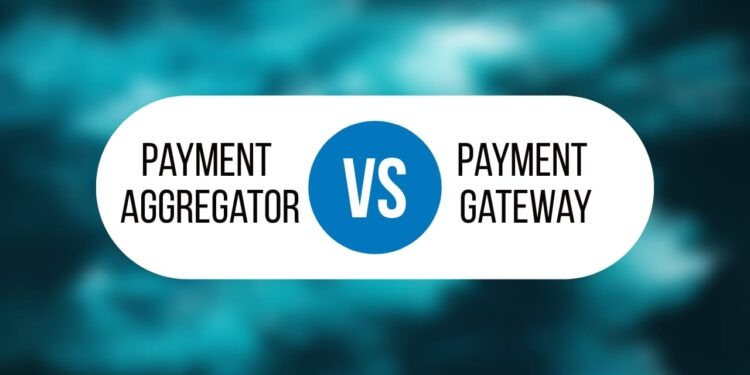Online transactions have become vital to everyone’s life in this ever-changing digital world. Whether you operate an e-commerce shop, organize subscription-based assistance, or use a donation platform, it is good to have secured and safe payments. When you glance at the payment choice, there are two standard terms: payment gateway and payment aggregator. Merchants peeking for a payment key can select the best from these terms per their needs. It is also good to deeply comprehend the payment aggregator and payment gateway difference and then pick the needed resolution for their business.
A payment gateway is contact software between the customer and the merchant’s banks. It connects and sends encrypted cost data and confirms the transaction’s authenticity. A payment aggregator is a third party that facilitates payment sufficient for traders by delivering a unified platform for processing numerous payment techniques. This guide lets you learn the difference between these two business payment solutions.
Differences between payment aggregator and payment gateway:
You can understand some differences by looking at the topics below. The payment aggregator and payment gateway difference will be helpful for the business owners or the merchants to choose the best solution for their business. They are:
Authorization protocols:
When examining the authorization protocols, a non-bank payment aggregator needs approval from the RBI beneath the Payment and Settlement Systems Act. It does not need this as banks already regulate the funds in their everyday activities.
Bank payment gateways should observe the guidelines on handling threats and code of behavior in outsourcing financial assistance by bank information published by the RBI. Non-bank payment gateways should follow the strategy published by the RBI for technology providers for banks.
Governance structure:
Payment aggregators must be professionally handled, and their publicity must satisfy the RBI defines proper standards.
Payment gateways are not subject to particular governance guidelines by the RBI.
Merchant on boarding process:
The payment aggregator must have a board-approved policy for vendor on boarding. They must also confirm that the sellers keep customer card data secret. They are also accountable for inspecting PCI-DSS and PA-DSS compliance.
The payment gateway is separate from the typical merchant on boarding procedures by the RBI.
Integration:
Payment aggregation demands you to combine with only one assistance provider.
The payment gateway does not make you combine with each cost plan or bank individually.
Capitalization guidelines:
Payment aggregators need a net worth of Rs.15 crore by 15th March 2021 and Rs.25 crore by 31st March 2023. They always need to preserve a net worth above Rs.25 crore.
The payment gateway is not subjected to capitalization approaches by the RBI.
Preventing money laundering:
Payment aggregators must yield with policies published by the RBI Department of Regulation in their master direction and know your customer’s orders and any alterations made.
Payment gateways must yield with policies published by the RBI Department of Regulation in their expert direction and know your customers’ demands and any alterations made.
Conclusion:
Therefore, it is good, and if you would like to know about the best difference between payment aggregators and payment gateway, this guide helps you a lot. In the above topics, you can learn about the differences between these two payment solutions and choose the best one for your business.









